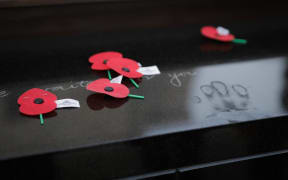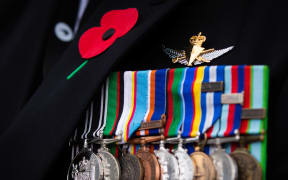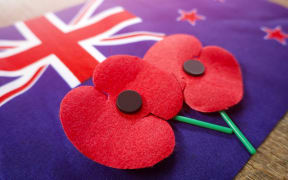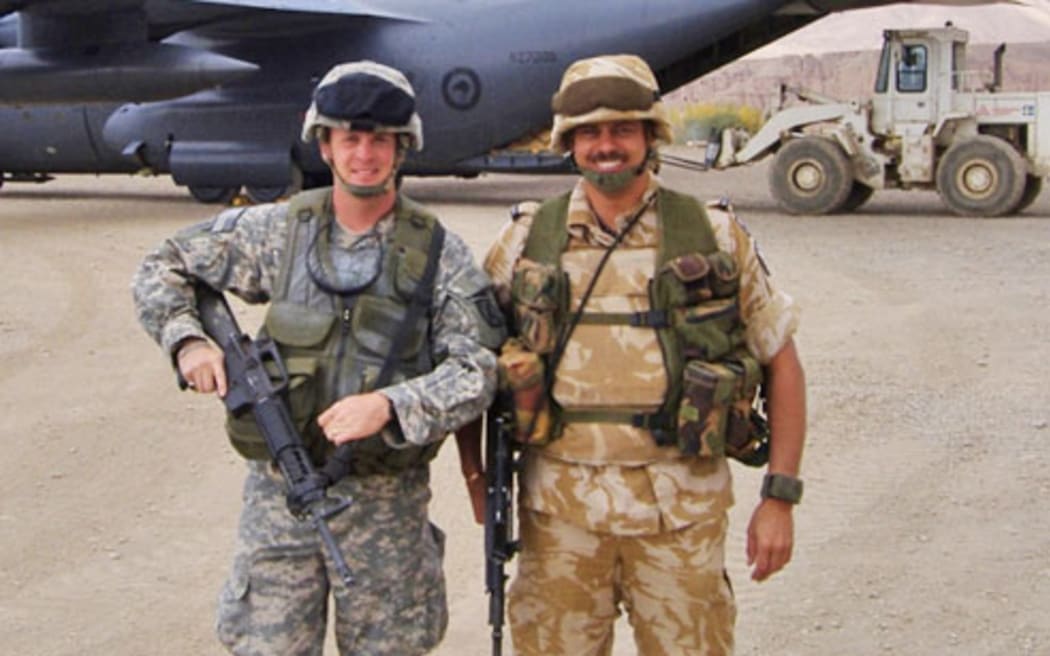
Mark Compain (right) says nearly 80 percent of modern veterans experience physical and mental injury or struggle to reintegrate into everyday life. Photo: Supplied
New Zealanders' service in recent conflicts also needs to be remembered in tomorrow's Anzac Day commemorations, says the Returned and Services Association (RSA).
The RSA says there are nearly 62,000 people who actively served since 1990, but they - and many others - are often overlooked.
Mark Compain was a warrant officer in the New Zealand Army, with deployments in Bosnia, East Timor and Afghanistan during his military career.
He now works to support veterans of military service through the RSA, and says many are reluctant to place themselves at the focal point of Anzac commemorations.
"What we want to do is to reduce the socio-economic health costs to New Zealand by acknowledging and validating that service, so it takes its place beside those who went before us.
"Because many of the veterans I served with don't consider themselves veterans. They don't parade with their medals, they'll just stand quietly at the back," Compain said.
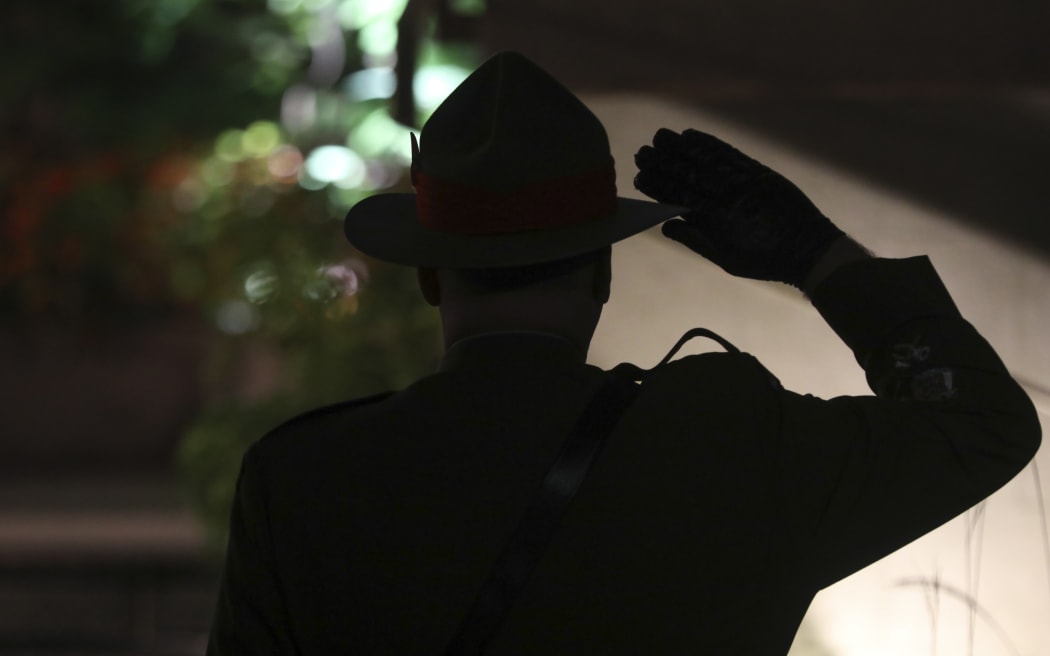
File photo. Photo: RNZ / Ana Tovey
He said the extent and the cost of many of New Zealand's post-Vietnam deployments remained hidden from view when compared to the massive societal impact of the nearly 10 percent of the population, some 140,000 men and women, who served during WWII.
He estimated nearly 80 percent of returning military staff experienced physical or psychological injury or feelings of dislocation as they tried to reintegrate into everyday life.
Compain first became aware of his own struggles during his time in Afghanistan in 2010.
"There was a contact between the Taliban and one of our patrols during the handover and I felt myself collapsing. Everything had just started to unravel and I couldn't help it. My body had had enough and when I looked back I had been fighting this for probably 10 years," Compain said.
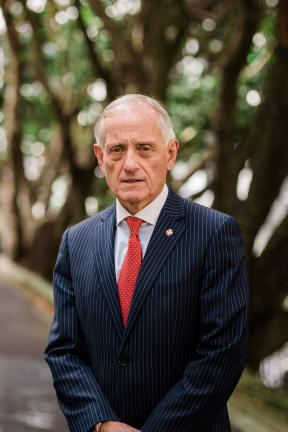
RSA Board chair Martyn Dunne was a Major General who saw active service in Zimbabwe - Rhodesia in the late 1970s and would go on to be the National Commander of Joint Forces in East Timor 20 years later. Photo: Supplied
He hoped that Anzac commemorations and a wider recognition of the sacrifice of those who served would destigmatize the issues confronting people who put themselves in harm's way to maintain our way of life.
"An act of remembrance can be the way that we go about ourselves on a day-to-day basis, because the freedoms and the life that we enjoy now is by no means enjoyed by a large percentage of other people in the world and we've got to remember what cost that came from," Compain said.
A former soldier and veteran of multiple overseas deployments said he had attended Anzac commemorations wearing his own medals and those of his great grandfather who fought in World War One.
He declined to be named, due to the nature of his duties, but said seeing families and young children attending the dawn service helped him see the pride beyond his immediate military community.
"Seeing little kids running round with their miniature medals on, It feels like it's being recognised in a way that's different. It's recognition that we've left our partners and our families, gone into a foreign country to protect people.
"For them to be actively involved it's an understanding that this is a part of our DNA. To have that recognition, it's really important," he said
RSA board chair Martyn Dunne was a Major General who saw active service in Zimbabwe - Rhodesia in the late seventies and would go on to be the National Commander of Joint Forces in East Timor 20 years later.
He said Anzac Day would always be an opportunity to remember the fallen, but he also hoped people would use the day to acknowledge the contributions of members the armed forces both past and current.
That recognition was not reliant on parades or commemorations, he said.
"Maybe just say: 'hey, thank you for your service'. There are a lot of people who have worn uniform in all three services, have served overseas and there are many still doing it today and we want people to reflect on both," Dunne said.
